News & Publications
2023 Community Impact Report
“The Colorado Oil & Gas Association is proud to release our latest Community Impact data, which highlights the oil and natural gas industry’s commitment…”
The Truth About Ozone
Almost daily we hear in the media or in legislative committee rooms that “oil and gas is the largest contributor to ozone in Colorado.” It’s usually followed by an outraged call for industry “to be held accountable.”
But where is the data supporting this claim coming from?
COGA and API Respond to AQCC Rulemaking Revisions to Ozone State Implementation Plan
Today, the Air Quality Control Commission (AQCC) passed revisions of Regulation Numbers 7, 21, 25, 26 and Air Quality Standards related to the Ozone State Implementation Plan (SIP).
Dan Haley, President & CEO, responds to Colorado Supreme Court Ruling
“This unanimous ruling is important for oil and natural gas operators in Colorado because…”
Dan Haley Responds to Governor Polis Signing HB 1294
“Even before it was heavily amended, House Bill 1294 did nothing to reduce actual emissions in Colorado…”
Colorado Oil & Gas Association and API Colorado respond to Colorado Air Quality Control Commission Adoption of Revisions to Regulation Number 3
“Even before it was heavily amended, House Bill 1294 did nothing to reduce actual emissions in Colorado…”
Media Inquiries
Due to the number of requests received for statements or comment and the high level of technical nuances, we kindly ask that you frame your request as specific as possible. Additionally, please consider if requests for on-camera, phone or recorded interviews could be satisfactorily addressed via email and written statement first. Our communications team will review interview requests based on necessity and availability. We appreciate your understanding and journalistic due diligence.









